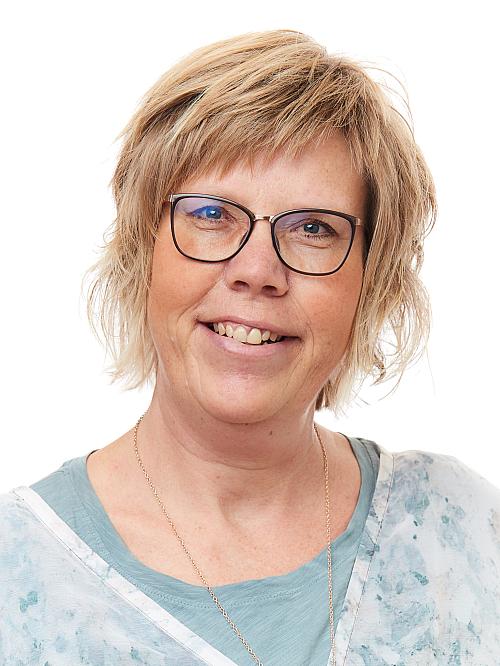Re@home - Evaluation of home rehabilitation for older people: A realist evaluation design
Facts
Academic Partners:
Karolinska Institutet, Luleås Tekniska Universitet.
Project duration: 2021-2028
Research team:
Sofi Fristedt, principal investigator at JU
Elisabeth Rydwik, project owner at KI
Maria Ranner, principal investigator at Lunds Tekniska Universitet
Marie Ernsth Bravell, co-researcher
Anette Johansson, co-researcher
Financier: Familjen Kamprads Stiftelse and FORTE.
Re@Home is a project on how home-rehabilitation interventions can and should be adapted to the specific needs of older people with disabilities to improve participation and well-being.
Purpose of the study
Home rehabilitation for older people is widely implemented, but research on the content and effectiveness of rehabilitation interventions used in practice is scarce. Additionally, there is a lack of knowledge of how home-rehabilitation units collaborate with social and health care services.
The aim of this study is to evaluate the state of home rehabilitation in relation to scientific evidence and the effectiveness on older people's well-being, participation and ability in daily activities as well as the older people's satisfaction with the interventions, the collaboration between social service and health care providers, and level of service utilization.
The design is based on the realist evaluation method, where a defined program theory is used as a base for the evaluation. The main characteristic is to identify context, mechanism and outcomes of the target process.
Material and method
In phase 1, the program theory will be developed through systematic searches of scientific literature, reports, and care programs. Data will be compiled and analyzed during four workshops. In phase 2, factors such as context and mechanisms will be investigated through observations of interactions between staff and elderly individuals, chart reviews, as well as interviews and focus groups. Elderly individuals will be recruited when they are admitted to a home rehabilitation unit. In phase 3, the effect will be evaluated through chart reviews, healthcare consumption data, surveys, and interviews, and analyzed in relation to the program theory.
In phase 4, an overall analysis of what, for whom, and under what circumstances home rehabilitation leads to a change will be conducted, using data from all three phases with both quantitative and qualitative methods. Based on the results, the program will be revised. In phase 5, the revised program will be evaluated in a study where different organizations are randomly assigned to either the intervention group or the control group. The program to be evaluated, in relation to current practice, may provide insights into the right support at the right time for many individuals in need of home rehabilitation, with the aim of improving their health and quality of life.
Scientific publications
Johansson, A., Torgé, C., Baudin, K., Fristedt, S., Rydwik, E., & Ernsth-Bravell, E. (2025): Older adults’ experiences of team-based home rehabilitation – a qualitative scoping review, Disability and Rehabilitation, DOI: 10.1080/09638288.2025.249958
Contact person
- Head of Department
- School of Health and Welfare
- sofi.fristedt@ju.se
- +46 36-10 1269
Agenda 2030 goal


